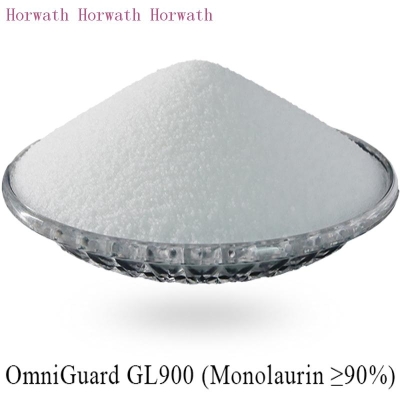Experts pointed out that livestock and poultry pollution contains huge "business opportunities"
-
Last Update: 2002-04-10
-
Source: Internet
-
Author: User
Search more information of high quality chemicals, good prices and reliable suppliers, visit
www.echemi.com
Introduction: Recently, some experts pointed out that the new "blind spot" of environmental protection in animal husbandry contains a huge "business opportunity" in view of the amazing emissions of livestock pollutants According to statistics, at present, the large-scale breeding of livestock and poultry production in Hebei Province alone has reached 20% - 30% However, only a small number of farms have special facilities for manure treatment, such as biogas digesters Most of them have no facilities for manure treatment, and the manure discharged by livestock and poultry has never been harmlessly treated Yang Xuecheng, director of animal husbandry and Fisheries of Tangshan City, said that the amount of waste discharged from livestock and poultry is amazing, with one cow equivalent to 35 people and one chicken equivalent to 3 people According to this calculation, livestock and poultry production waste in the province is equivalent to 650 million people, 10 times the population of the province A deputy director of Shijiazhuang Environmental Protection Bureau said that Shijiazhuang was on the "blacklist" of air pollution, and the fecal pollution caused by the concentration of chicken industry in surrounding counties and districts was also one of the reasons However, experts point out that there is a huge business opportunity if livestock and poultry pollution is handled properly According to the data from the agricultural sector, a pig emits 1500 kg of feces a year, which contains 14.7 kg of nitrogen, 9.2 kg of phosphorus and 15.1 kg of potassium According to the market price, a pig emits 150 yuan of organic fertilizer a year There are 25 million pigs in Hebei Province, which can generate 3.75 billion yuan of economic benefits The benefits of the whole country are more considerable Another pollution from livestock production, experts say, is methane, the second largest greenhouse gas after carbon dioxide Research data shows that in 1990, methane emissions in China accounted for about 10% of the global emissions of similar resources, of which pig manure accounted for 85% However, methane is a kind of carbon and hydrogen compound like gasoline and natural gas, and its combustion value is very high Therefore, the development of biogas is the best way to eliminate methane Yang Xuecheng said that China 's pig stock accounts for more than half of the world' s, while the feces of 10 pigs produce about 300 cubic meters of biogas, which is enough for daily use such as cooking and lighting in a family of 5 According to this calculation, the economic value is at least over 300 yuan At the same time, the feces fermented by biogas can eliminate more than 90% of the parasite eggs and Escherichia coli of livestock and poultry, and 90% of the biochemical oxygen consumption The organic matter, total nitrogen and total phosphorus in the biogas residue and biogas slurry are greatly increased The large amount of amino acids and beneficial bacteria in the biogas slurry are very beneficial to animals, plants, human life and the environment The ratio of nitrate content in the vegetables with biogas manure and chemical fertilizer is one to four Experts pointed out that we should do a good job in the application of biogas in animal husbandry, solve the problems such as vulnerable and difficult to repair in the construction of biogas digester by local method, conscientiously implement the national standard of "safe production of agricultural products", extend the animal husbandry environmental protection to the animal husbandry industry chain, and take the construction of biogas digester and the harmless treatment of animal manure as an important link of animal husbandry chain, so as to make it become biogas The industry and fertilizer industry will bring the safety of animal husbandry into the ecological agricultural system and realize the sustainable development of agriculture.
This article is an English version of an article which is originally in the Chinese language on echemi.com and is provided for information purposes only.
This website makes no representation or warranty of any kind, either expressed or implied, as to the accuracy, completeness ownership or reliability of
the article or any translations thereof. If you have any concerns or complaints relating to the article, please send an email, providing a detailed
description of the concern or complaint, to
service@echemi.com. A staff member will contact you within 5 working days. Once verified, infringing content
will be removed immediately.







